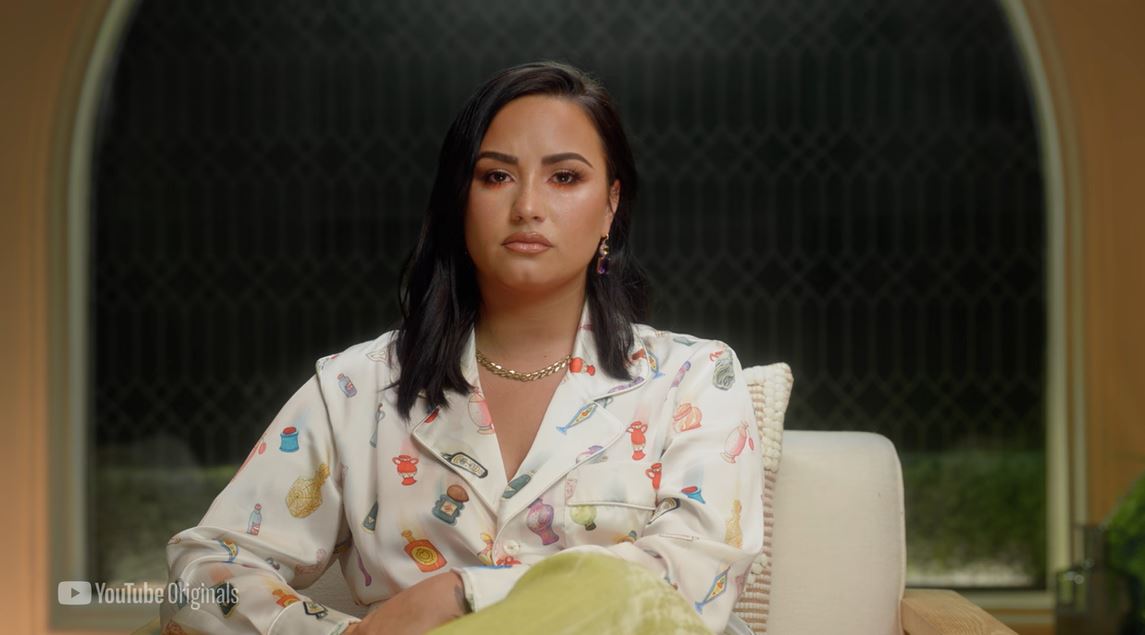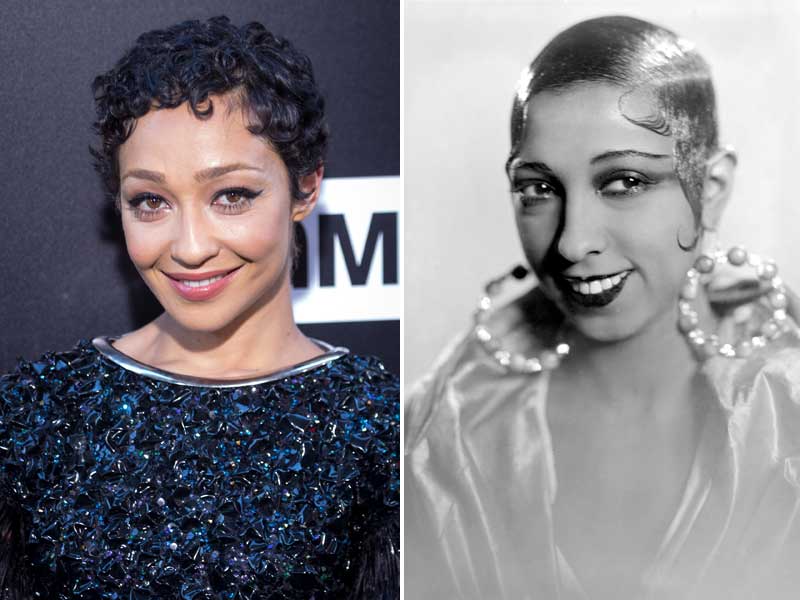Demi’s New Doc



This summer will mark three years since Demi Lovato’s near fatal overdose and she’s revisiting those harrowing moments in a new documentary, Demi Lovato: Dancing With the Devil. The four-part docuseries will debut March 23 on YouTube and the trailer promises a vulnerable look at the circumstances leading up to the overdose and the long road to where she’s at today. Demi’s family and friends, as well as Elton John and Christina Aguilera, are interviewed for the doc, which was shot over the course of a year, and they’re all encouraged to disclose everything. Her best friend asks, during his interview, “Are we talking about heroin? Are we doing this?”
But Demi’s not leaving it just to the people around her to tell her story. In the trailer she says she’s on her ninth life while revealing she suffered three strokes and a heart attack after her overdose. Speaking about the doc on a TCA panel this week, she further detailed the physical consequences her overdose had on her body.
“I was left with brain damage, and I still deal with the effects of that today. I don’t drive a car because I have blind spots in my vision. I also for a long time had a really hard time reading.”
We knew Demi went through it — obviously — but this is the first time she’s really talking in detail, at length, about it and it feels it some ways like it’ll be the last time. Doing it in a documentary means it’s on her terms; it also helps that the project is produced by SB Projects, her manager, Scooter Braun’s media company. But Demi says she’s doing this now because she wants to set the record straight and reveal it all for her fans. It’s probably cathartic for Demi to come clean about this period in her life to a fanbase that has been so invested in her and will also feel a sense of closure after getting the full story, not from the tabloids, but from their favourite artist.
What also makes me think this self-expose will be an ending of one era and the beginning of the next is because Demi’s made it clear she isn’t at her most creative when she’s in a dark place and struggling with addiction.
“I feel like the best work that I make is when I’m present and when I am aware of what’s going on in my life. That’s when the truth just flows out of me. As long as I continue to tell my truth, I’m going to make music that resonates with people.”
She wants to unload the burden of her relapse as part of the final stages of moving past what happened. I’m sure she’s done a lot of self-work over the last year and a half. Now, she’s ready to share that with the world and I’m ready to receive it.

